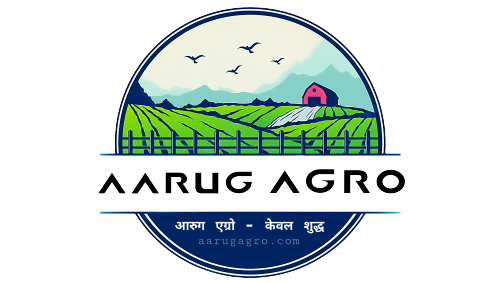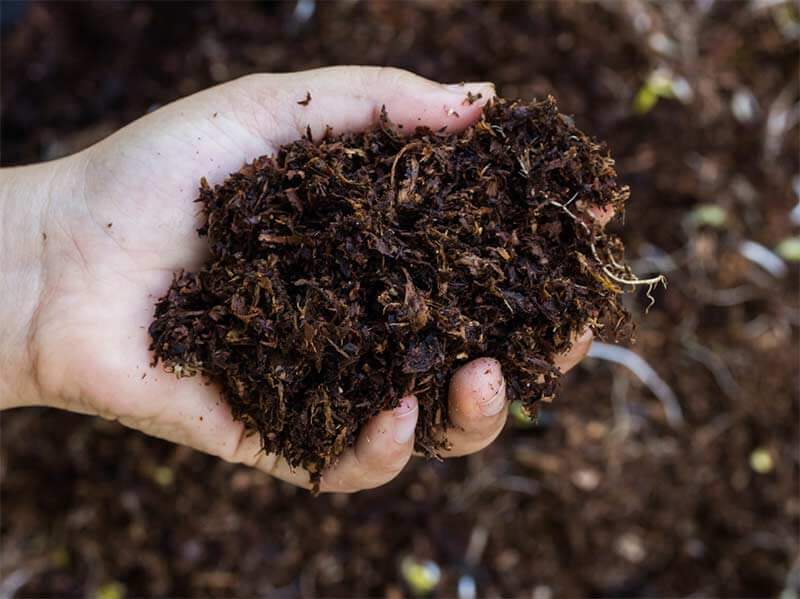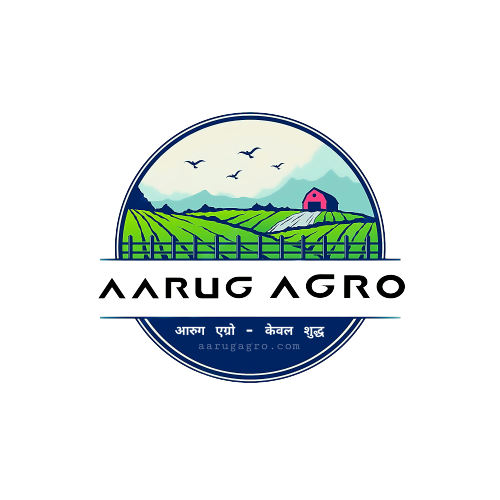Introduction: Organic farming practices have gained significant popularity due to their emphasis on sustainability and environmentally friendly methods. A fundamental aspect of organic agriculture is the use of organic fertilizers to enrich soil and provide essential nutrients to plants. In this article, we’ll explore various types of organic fertilizers commonly used in agriculture, highlighting their benefits and applications.
1. Compost

Rich in Nutrients
Compost is a nutrient-rich organic fertilizer made from decomposed organic matter, such as kitchen scraps, yard waste, and manure. It is a valuable source of essential nutrients, including nitrogen, phosphorus, and potassium (N-P-K).
Soil Enrichment
Compost improves soil structure, enhances water retention, and promotes beneficial microbial activity. It also helps to maintain a balanced pH level in the soil.
2. Manure
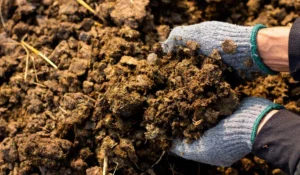
Natural Source of Nutrients
Animal manure, such as cow, chicken, and horse manure, is a traditional organic fertilizer rich in nitrogen, phosphorus, and potassium. It also contains valuable micronutrients.
Application Methods
Manure can be applied directly to the soil or composted to reduce the risk of pathogens. Proper composting ensures that the nutrients are readily available to plants.
3. Bone Meal

High in Phosphorus
Bone meal is an organic fertilizer derived from crushed animal bones, typically cattle bones. It is an excellent source of phosphorus, making it beneficial for flowering and fruiting plants.
Slow-Release Nutrient
Bone meal releases nutrients gradually, providing a steady supply of phosphorus over time. It’s especially useful in addressing phosphorus deficiencies in the soil.
4. Fish Emulsion

Complete Nutrient Package
Fish emulsion is made from fish remains, such as bones and offal, and is a fantastic source of nitrogen, phosphorus, and potassium. It also contains trace elements like calcium.
Quick Nutrient Uptake
This liquid fertilizer is rapidly absorbed by plants, making it an excellent choice for foliar feeding or addressing nutrient deficiencies quickly.
5. Seaweed Extract
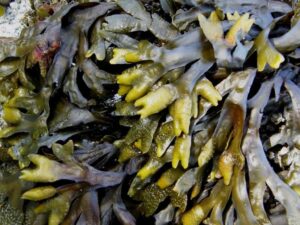
Rich in Micronutrients
Seaweed extract is derived from various species of seaweed and is prized for its micronutrient content. It contains essential elements like iron, zinc, and manganese.
Stress Resistance
Seaweed extract can enhance a plant’s ability to withstand environmental stressors, such as drought and disease. It also stimulates root growth.
6. Blood Meal
High Nitrogen Content
Blood meal is a nitrogen-rich organic fertilizer made from dried animal blood, often from cattle or poultry slaughterhouses. It’s an excellent source of quickly available nitrogen.
Balancing Nitrogen Levels
Blood meal can help correct nitrogen deficiencies in the soil and promote lush, green growth in plants. However, it should be used sparingly to avoid over-fertilization.
Conclusion
Organic fertilizers are a cornerstone of sustainable agriculture, promoting healthy soil and plant growth without relying on synthetic chemicals. By choosing the right organic fertilizer for specific plant needs and soil conditions, farmers and gardeners can foster productive and environmentally friendly agricultural practices. Whether it’s compost, manure, bone meal, fish emulsion, seaweed extract, or blood meal, each type of organic fertilizer offers unique benefits to enhance plant health and yield while respecting the principles of organic farming.
